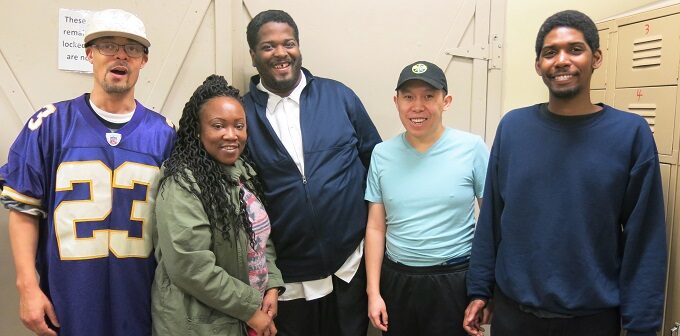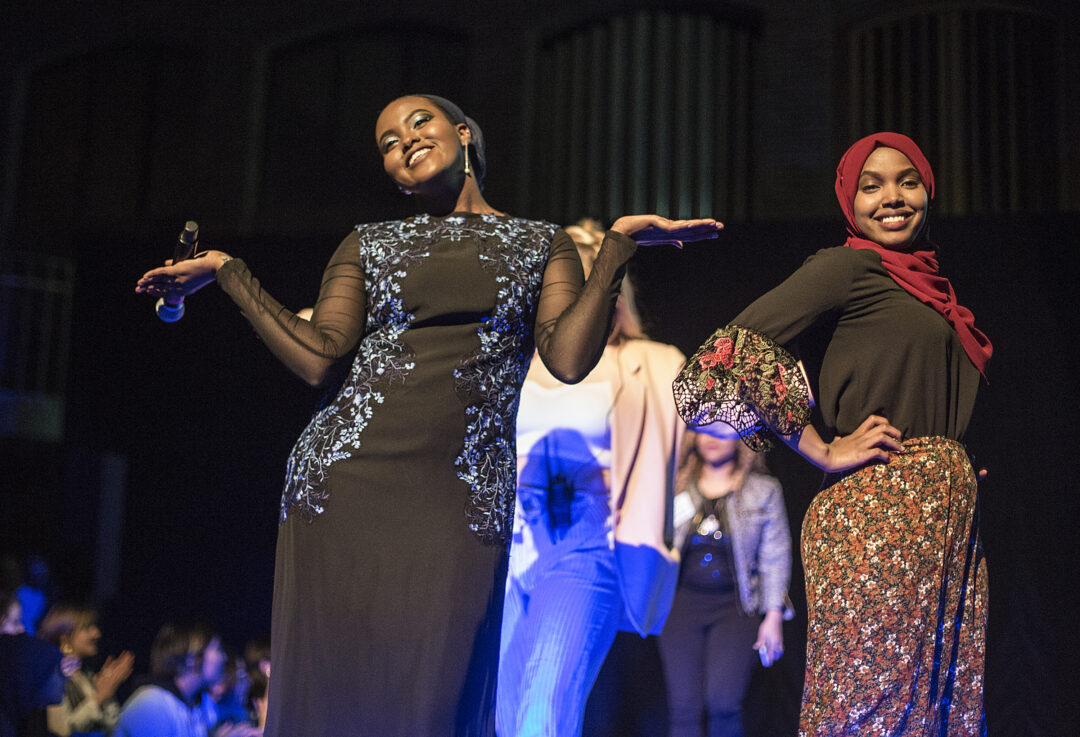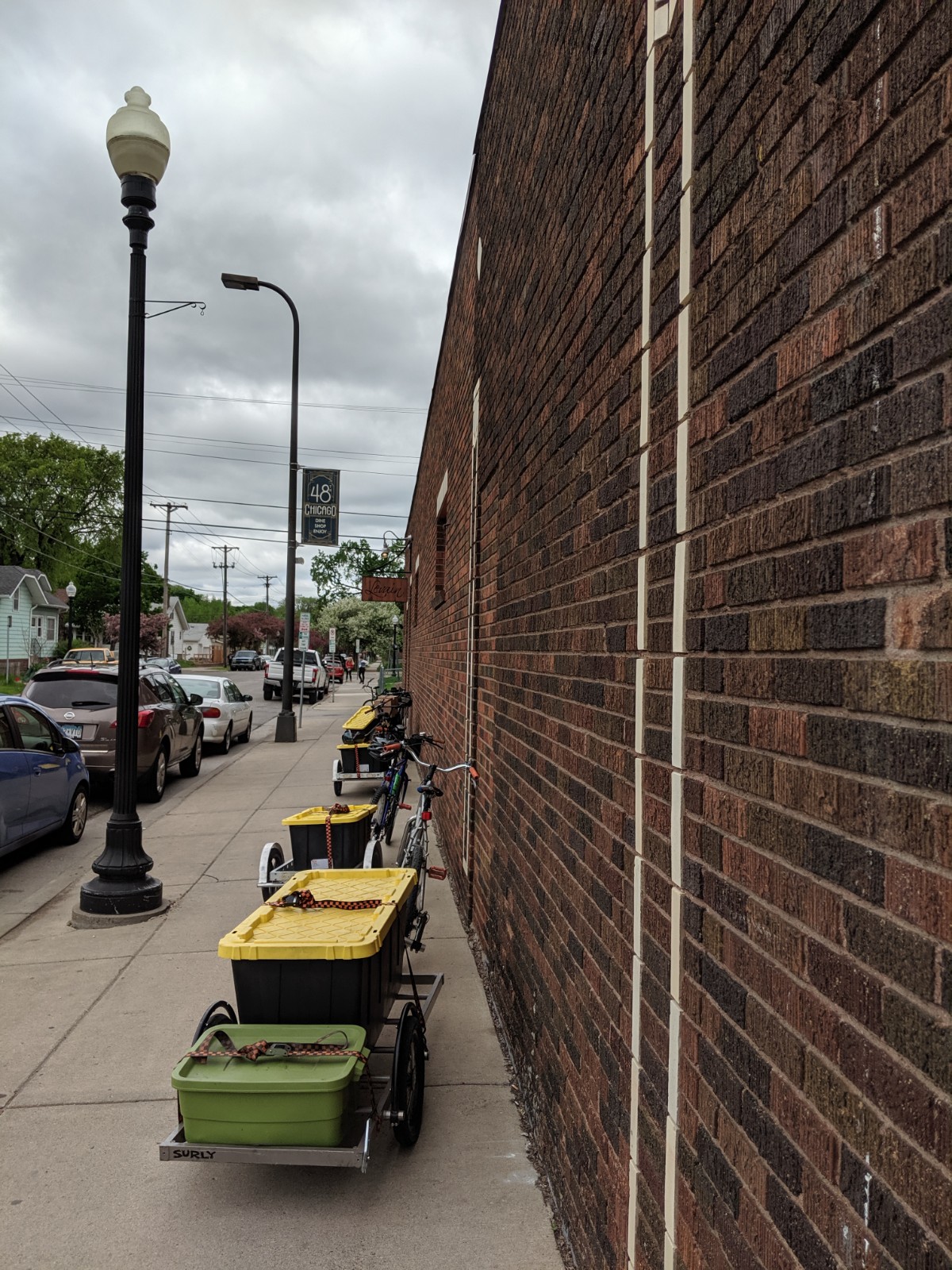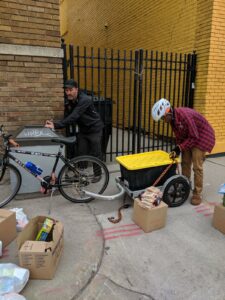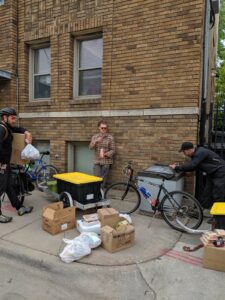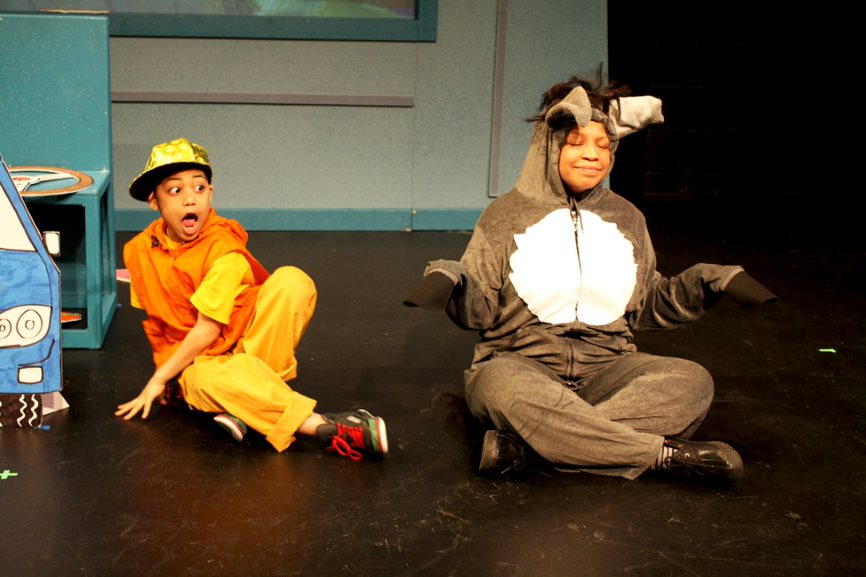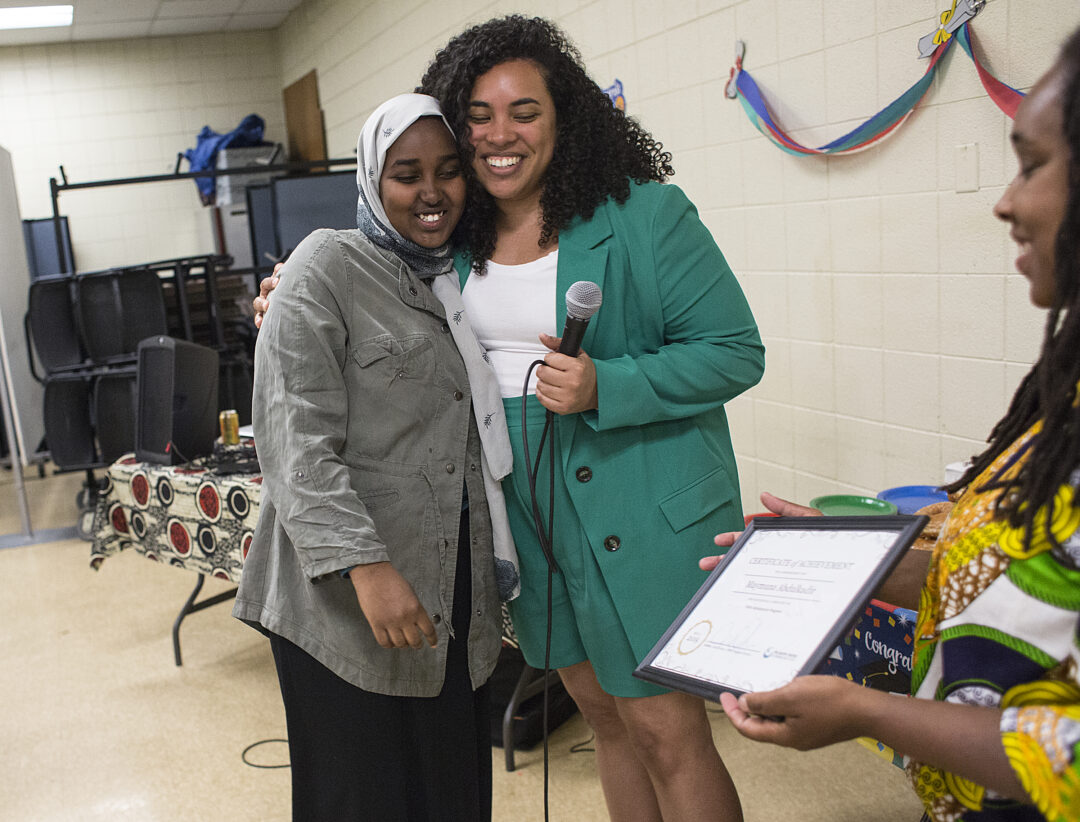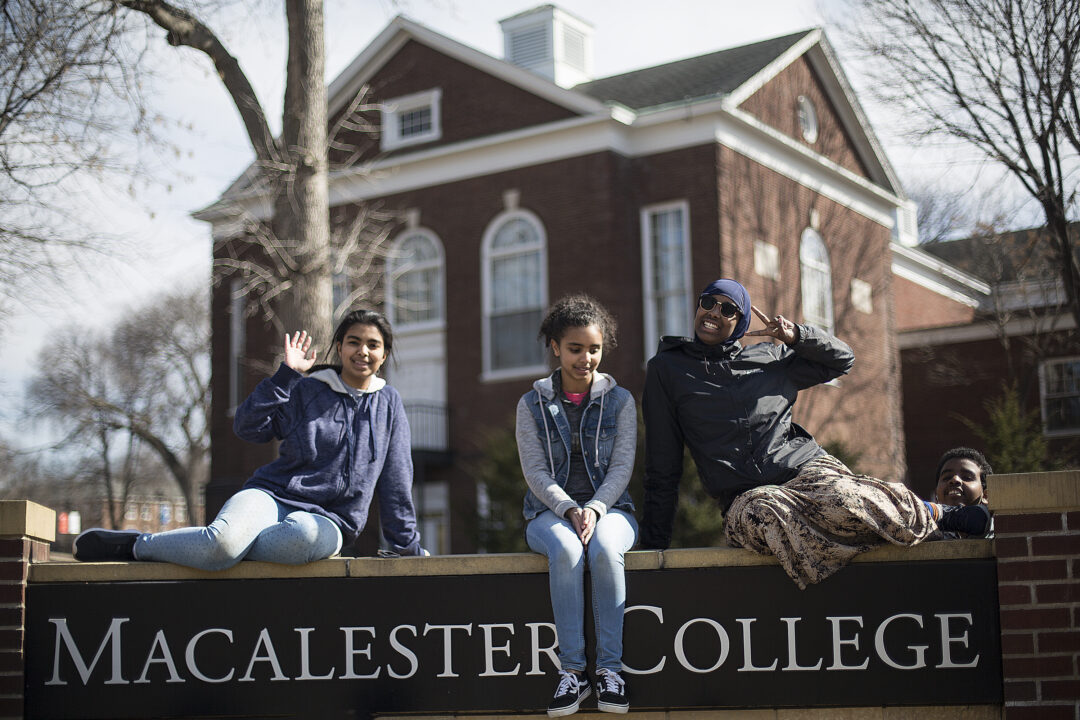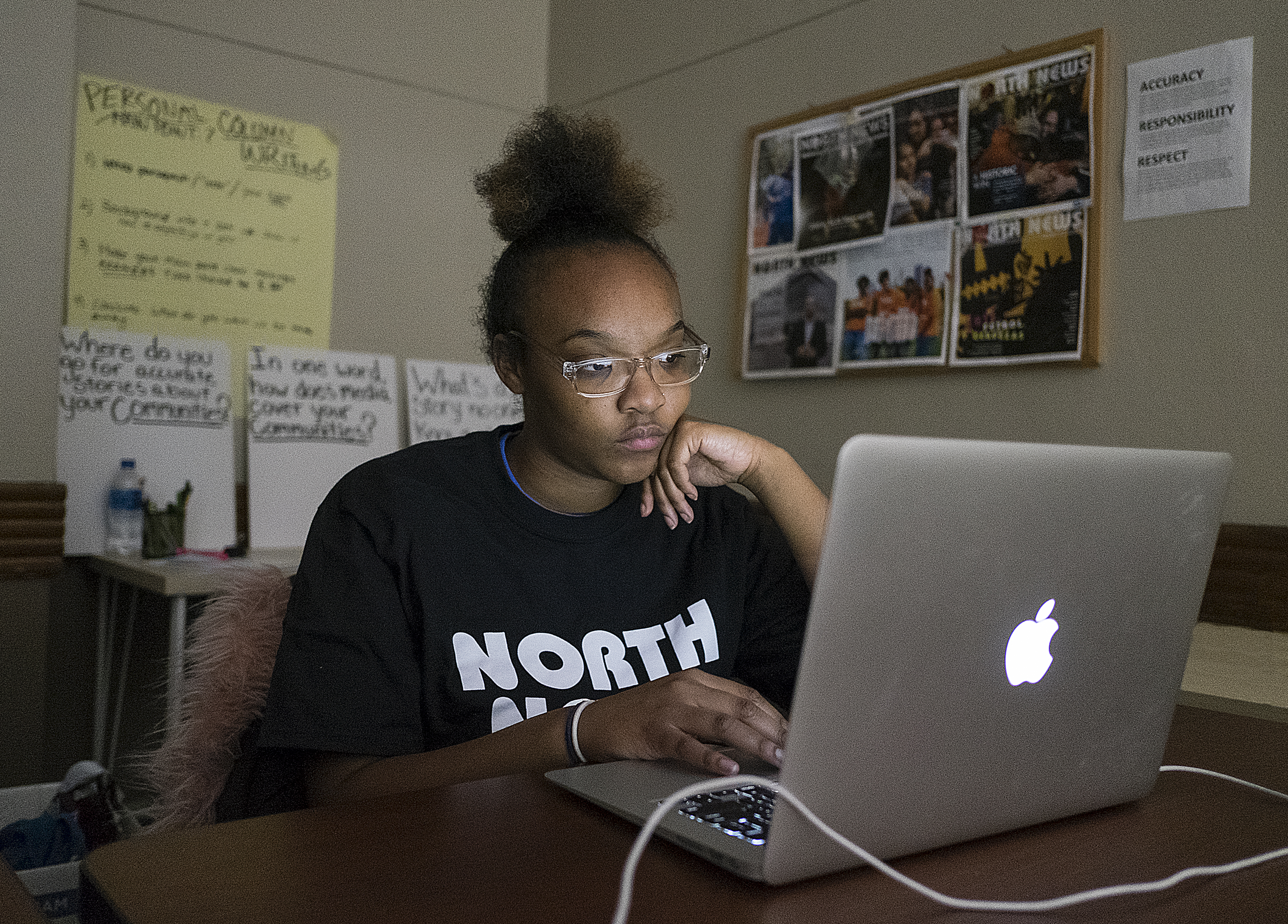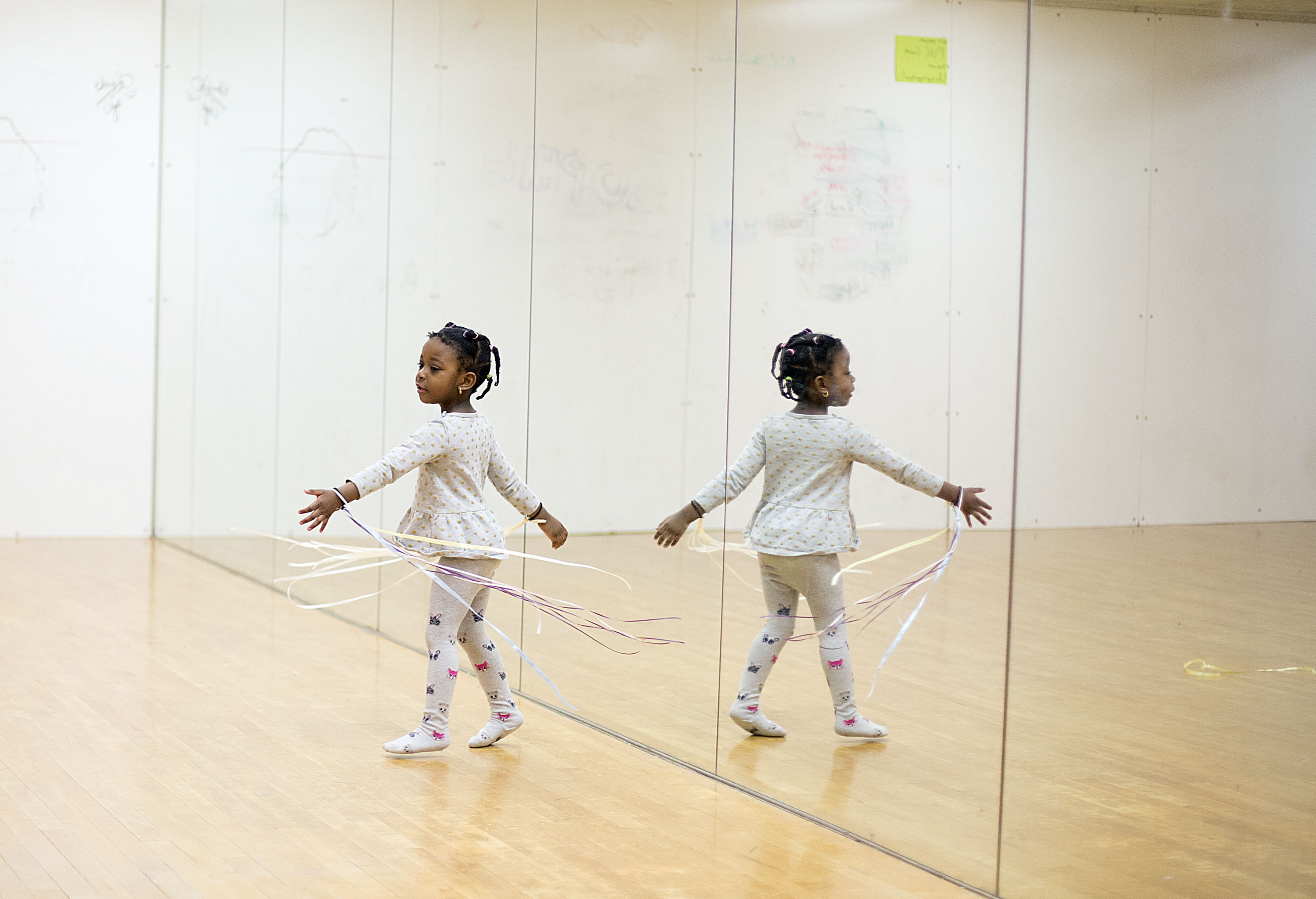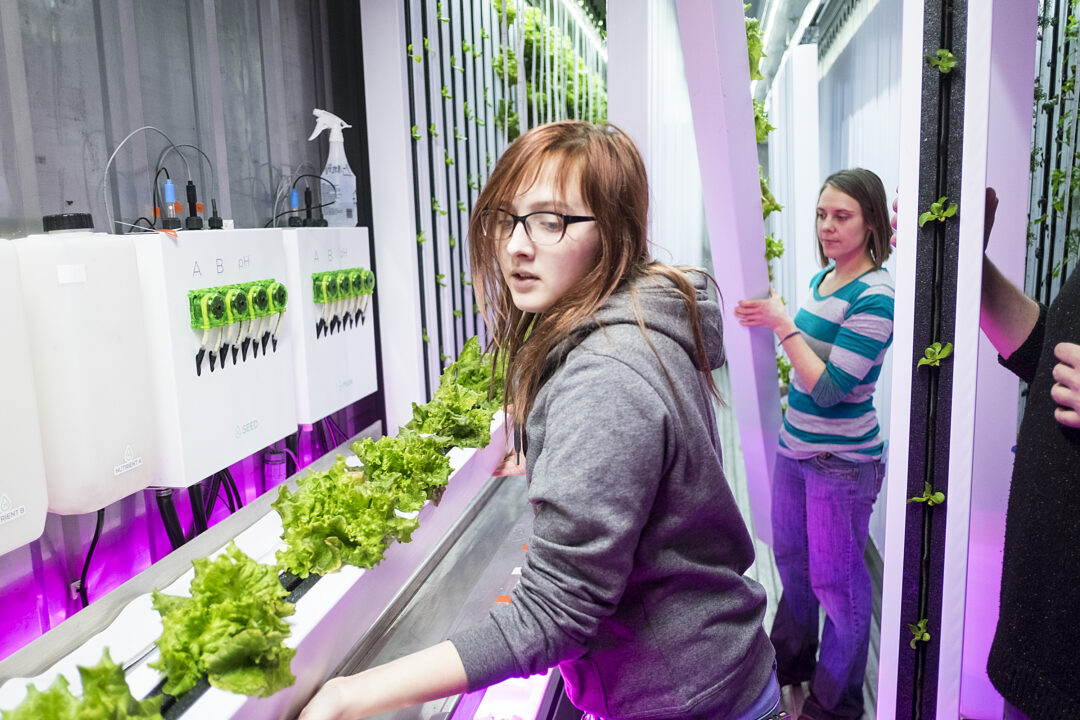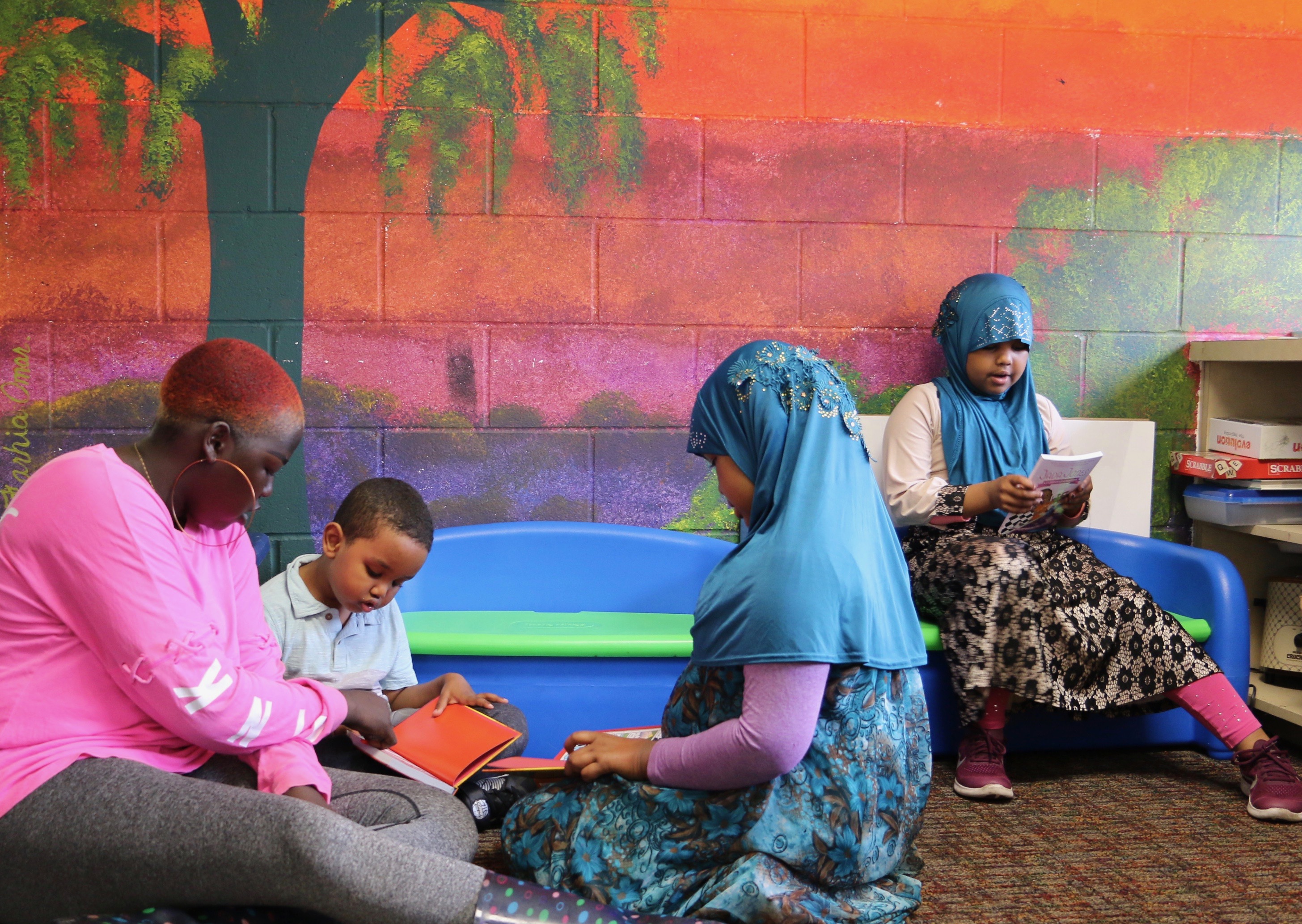
For the first time since the summer of 2017, a no-cost summer K-5 program is up and running at our Brian Coyle Center. From June through August, kids will have the opportunity to participate in a vast range of activities—literacy and geography lessons, getting hands-on with gardening, cooking, technology and organized sports, going on field trips, and engaging in projects that help foster self-expression and ignites them to think about their community in different ways. Programming like this is essential during this time of year to prevent ‘summer slide,’ otherwise known as the learning loss that happens when kids are out of school and not academically engaged as they are during the school year. In the past week, some highlights include planting peppers in the garden, learning about Brazil and the greater South American continent followed up by making some delicious Brazilian limeade, getting outdoors at the Dodge Nature Center, learning about the environment, recycling, and how to save energy from Community Action Partnership, and enhancing reading skills thanks to a partnership with the Cedar Riverside Opportunity Center.
Though this programming is happening now—unfortunately in the past two years, our K-5 youth have not had the academic and social supports needed due to funding cuts. Our agency along with many others serving this population were forced to cut both our summer and afterschool K-5 programs out entirely, which has had significant impacts on the families we serve. Older middle and high school-aged youth have often had to step up and stay home to care for their younger siblings, forcing them to no longer participate in their own summer/afterschool programming. Parents were faced with the difficult decision to change their job(s) or adjust their work schedules. And then there’s the K-5 kids themselves who are no longer receiving the academic and social supports that are critical in laying the groundwork for academic success and confidence in middle school.
This has been a real community need these past couple of years, and because of demand from our Cedar Riverside neighbors, we pulled as many strings as we could to make a summer K-5 program happen at the Brian Coyle Center. However, the future of K-5 still looks uncertain until there are more funds allocated to this population. If you are passionate about the future of our young people, we encourage you to follow both Ignite Afterschool and the Minneapolis Youth Coordinating Board, two groups who are determinedly working to secure more youth funding from the City and State. Our kids deserve better.
Do you have a story of the power of K-5 programming, or want to share your experiences with the lack of it? Contact Julie: JulieG@pillsburyunited.org, 612-455-0365. We want to help uplift these stories to ensure we get the resources needed for our young people.
